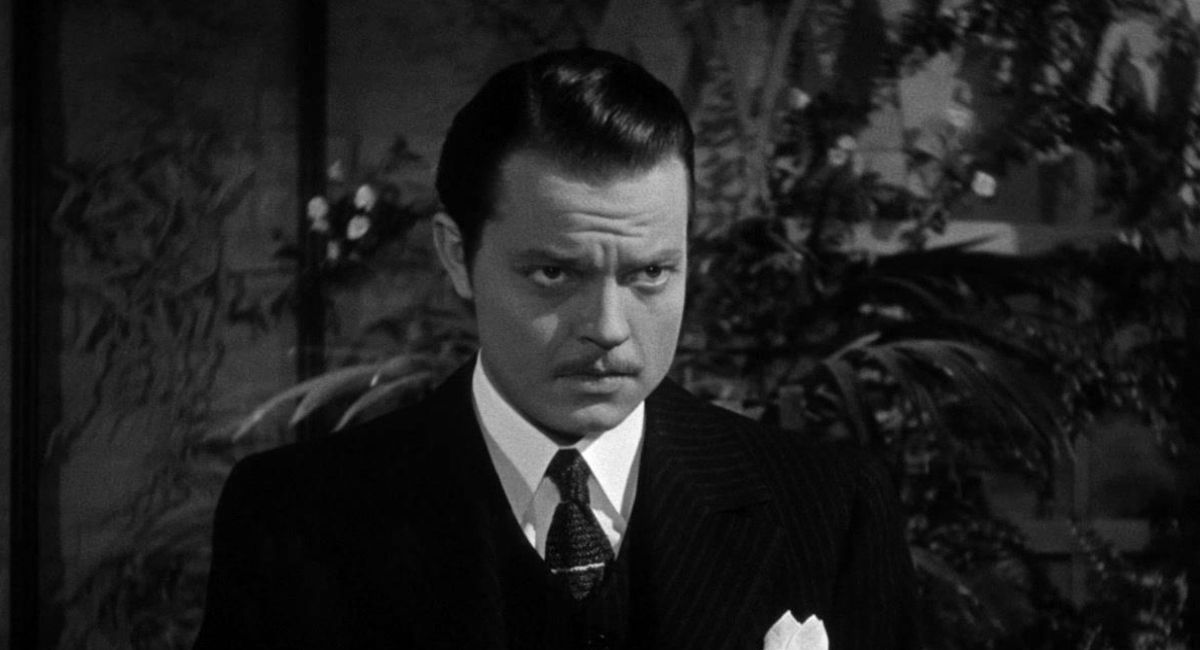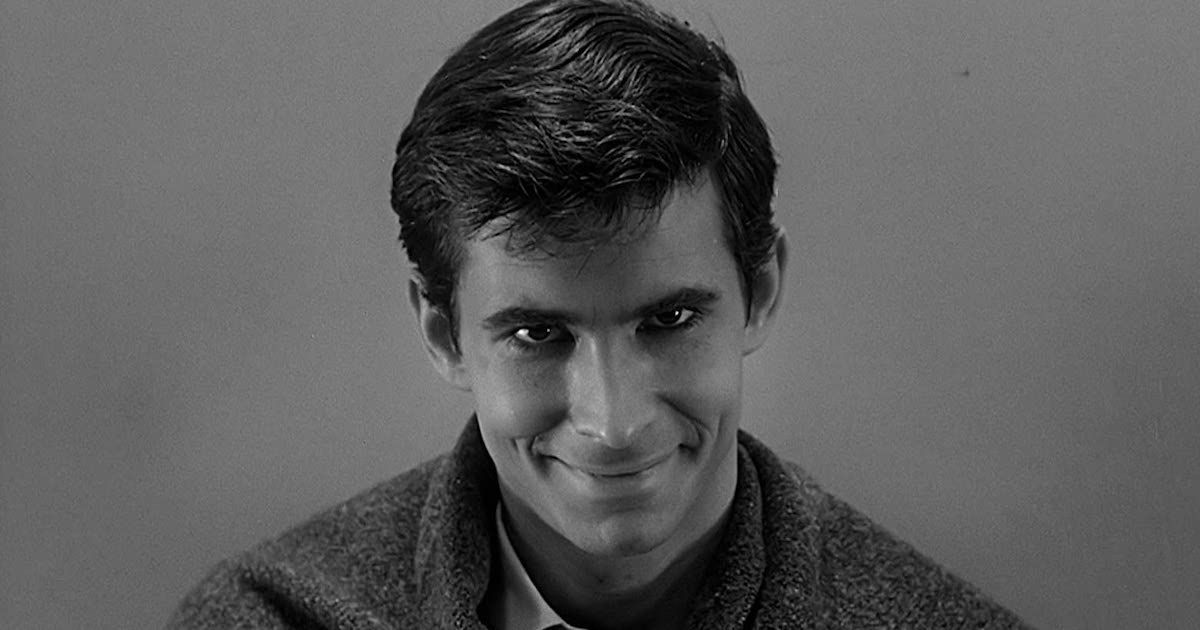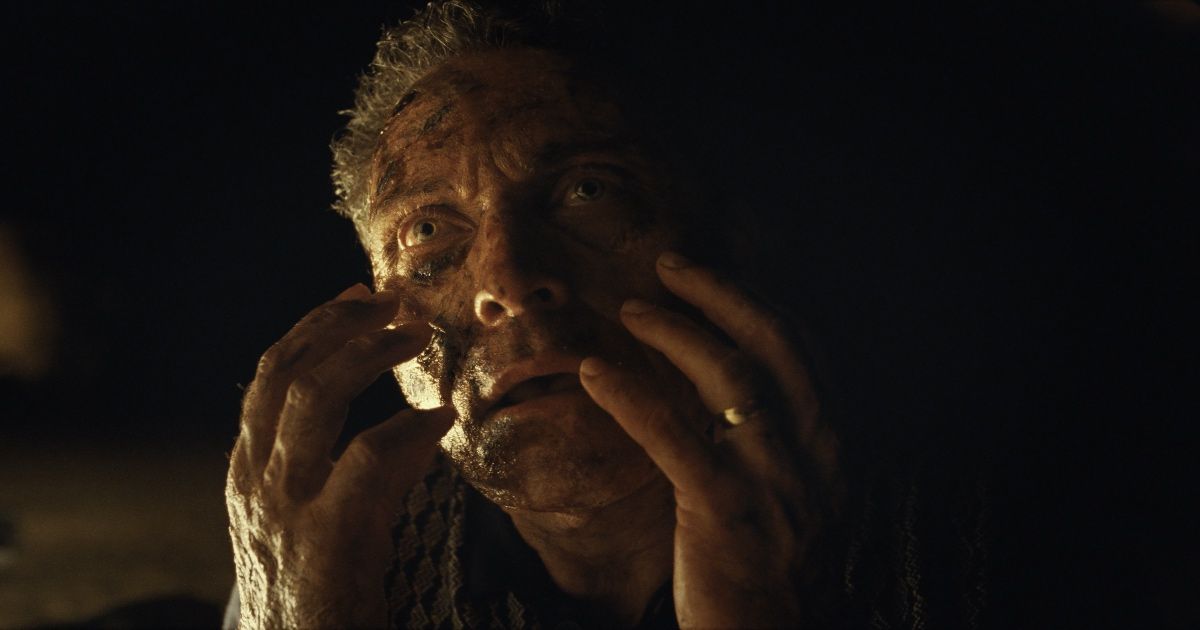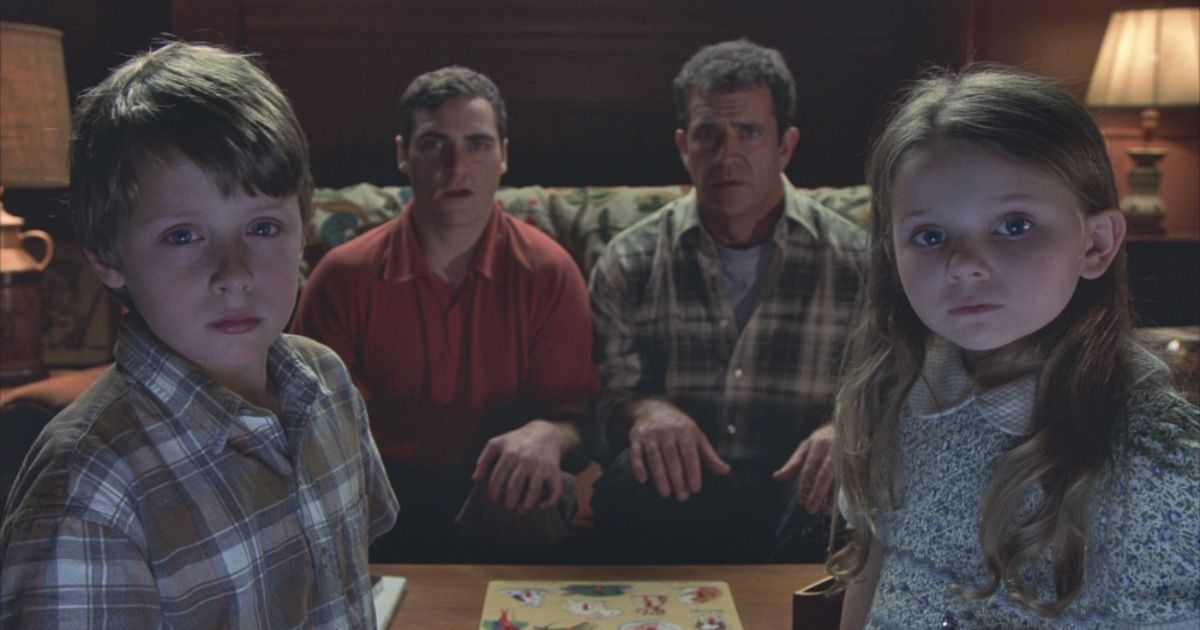#Spoilers! Did M. Night Shyamalan Create the Modern Movie Spoiler?
-Spoiler-Alert.jpg)
Table of Contents
“Spoilers! Did M. Night Shyamalan Create the Modern Movie Spoiler?”
There are some names that have stood out regarding how much a spoiler, especially of the ending of their stories, can ruin the experience of watching their movies. A great example is director M. Night Shyamalan. From his thrillers to even just more dramatic works, his stories have been great examples of movies that, in order to be able to talk about it fully, everyone in the conversation must have seen it. They rely on shocking plot twists, the way many modern TV series rely on epic cliffhangers and major revelations.
Spoilers and the idea of ruining someone’s experience with a narrative have a more extensive history than most people would anticipate. Here is a bit more about spoilers, especially in movies, and how the Indian-American filmmaker helped create the current meaning and etiquette related to spoilers.
The History of Spoilers
Before diving into what society considers and treats spoilers today, it is important to go back and try to find when warning against discussing the ending or an event in was highly discouraged. Warning against spoilers or talking about a surprising narrative twist, goes back far more than most people would think. In 1859, mystery novels Wiklie Collings warned critics to not spoil his mystery book, The Woman in White.
More than a century later, in 1971, Doug Kenney reviewed movies and books in the National Lampoon. Some examples are Citizen Kane and Agatha Christie’s books. At the time, however, he claimed that he was saving people’s time and money by giving spoilers.
This obviously evolved with time, from some people claiming ‘spoiler alert’ in their forum posts on the internet. Nowadays, in tweets, articles in renowned newspapers, and even in-person conversations, spoilers are announced for fear of saying something that someone else doesn’t know. What was once an occasional occurrence became the norm when talking about recent releases.
Spoilers in Movies
Movies and spoilers are not something new: it is actually something that has accompanied cinema for a very long time. The first time that the concept of not telling people about a revelation that happened in the movie was in the 1926 production, The Bat. At the opening titles, the audience was asked to not reveal the identity of The Bat. One of the most memorable ones is Alfred Hitchcock’s film Psycho. It is even rumored that the director tried to buy as many copies of the novel the movie is inspired on so that viewers wouldn’t know about the big secret.
Now, as filmmaking evolved in general, so did spoilers and the culture surrounding them. Many changes can be seen because of this new culture that is directly involved in the entertainment industry. Production companies prefer worldwide releases, and movie critics watch previews merely days before the official release.
Even streaming services such as Netflix have tried to influence how people viewed spoilers, specifically with their website Living With Spoilers, which reveals intricate plot points of classics and even their productions. The website was made based on a study that showed how different spoilers are viewed (as a bad or as a natural thing) in different parts of the world, focusing on the U.S. and the UK. Even though the majority of people hate having things spoiled, there is a considerate part of the population that doesn’t mind them, and some actually prefer to know what happens before watching the movie. Then again, maybe spoilers are stronger than ever, as the website seems to have been dismantled sometime after launching in 2014.
M. Night Shyamalan and the Art of the Twist
M. Night Shymalan is a modern filmmaker that is infamous for one specific thing: his films have a major reveal at the end. He is definitely one of the main examples used when someone writes or thinks about spoilers and the experience of being able to be surprised at the end of the two-hour adventure. It is incredibly difficult to create a great plot twist, and he has done it various times. Shyamalan is probably the filmmaker with the most ‘spoiler danger’ body of work.
So, to answer the question: did M. Night Shyamalan create the modern movie spoiler? The answer is not merely yes or no. It is tough to pinpoint the exact moment spoilers became so popular, especially today. The overuse of social media and the ability to comment on every subject known to man has clearly influenced what is considered the appropriate moment to comment on a new release. Also, the ability to have new releases every day because of streaming services and how easy it is to get access to them has increased the search for new productions, and that intrinsically comes with the ability to be spoiled.
What can be stated with certainty is that Shyamalan movies, with their intricate plot twists, have definitely helped create what we consider today’s ‘spoiler culture’. Shyamalan’s brilliance in his films is directly correlated with the ability to fool the audience right until the major twist is revealed, like one of the most famous spoilers in movie history: the therapist is dead. He has marked generations that remember how they felt when they saw his movies, and if it were not for them, maybe the ‘spoiler culture’ would have arrived a lot later than it had, for before people were acquainted with the concept of ubiquitous spoiler warnings, they knew not to talk about his movies’ endings since the late nineties.
The brilliant Signs, his newer release Old, and especially The Sixth Sense are only a few examples of narratives that to this day are remembered because of their endings — if you were able to watch the movie without it being spoiled, that is. Shyamalan has deeply contributed, and continues to contribute, to the culture and discussion of spoilers and film experience.
If you liked the article, do not forget to share it with your friends. Follow us on Google News too, click on the star and choose us from your favorites.
For forums sites go to Forum.BuradaBiliyorum.Com
If you want to read more Like this articles, you can visit our Social Media category.








